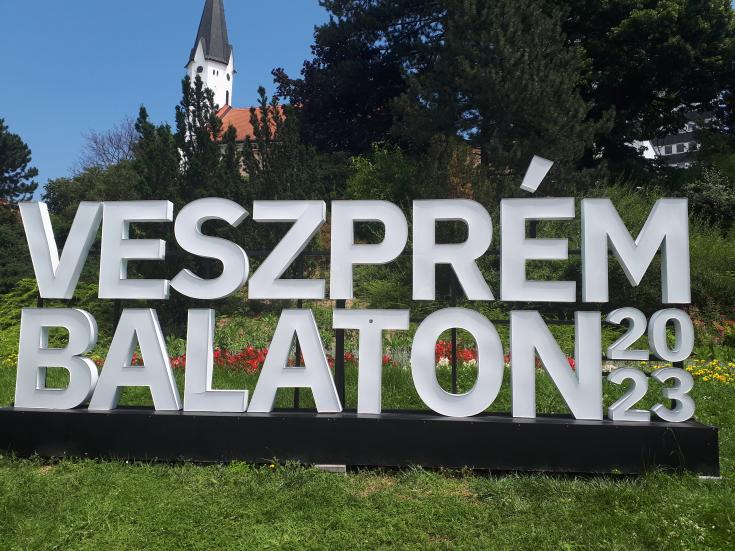The Foundation “Novi Sad – European Capital of Culture” will take part in the first Knowledge Transfer Seminar in Veszprém, held from 6 to 8 October 2025 within the ECOC Echo project. The seminar will bring together representatives of past, present, and future European Capitals of Culture (ECoC) to explore the long-term impact of cultural initiatives on urban and regional development. The Veszprém-Balaton region held the title of European Capital of Culture in 2023.
The seminar programme will focus on sharing best practices and legacy strategies from the VEB2023 ECoC programme. Participants will engage in peer-to-peer learning, policy discussions, and visits to key cultural venues that have shaped the region’s transformation.
The main objectives include: fostering active knowledge exchange among ECoC stakeholders, exploring legacy pillars such as cultural programming, infrastructure, finances, emotional impact, and organizational models, as well as strengthening European cooperation and building networks for sustainable cultural policy.
Seminar sessions will be led by experts including Tibor Navracsics, Minister of Regional Development of Hungary and former European Commissioner for Education, Culture, Youth and Sport, and Gyula Porga, Mayor of Veszprém. Topics will cover emotional legacy, regional cooperation, and financial sustainability.
The programme also includes visits to important legacy venues such as CODE – Center of Digital Experiences, Dungeon Museum, ActiCity Dance and Movement Centre, and Modern Art Center, alongside networking events, tourist activities, and guided city tours.
In addition to Novi Sad, project ECOC Echo participants include: Leeuwarden 2018 (Netherlands), Veszprém 2023 (Hungary), Tartu 2024 (Estonia), Chemnitz 2025 (Germany), Oulu 2026 (Finland), Liepāja 2027 (Latvia), Évora 2027 (Portugal), and Bourges 2028 (France).
The ECOC Echo project is focused on finding solutions that help preserve and amplify the results achieved during the title year, fostering the growth of the cultural sector, regional development, and international cooperation. The project is co-funded by the European Union through the Interreg Europe programme, which supports interregional cooperation and helps public institutions across Europe develop better policies.




